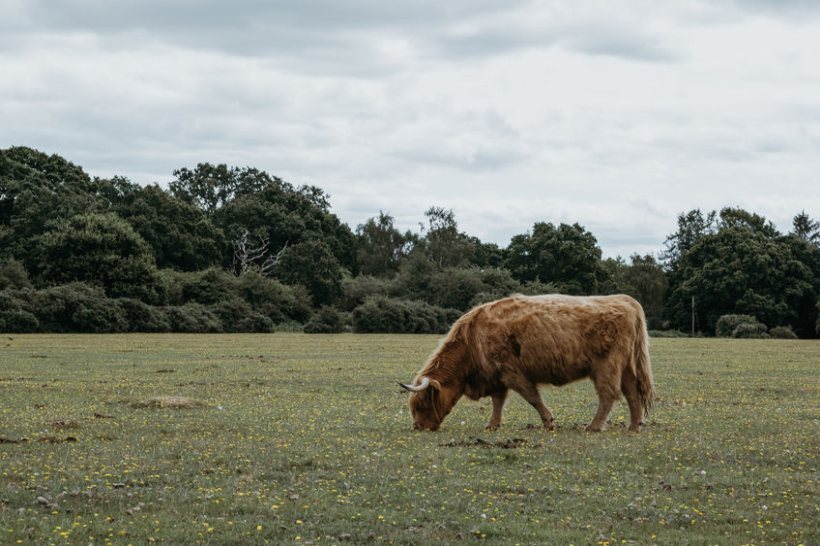
The Rural Payments Agency is seeking to change the BPS allocation method for New Forest commoners, as fears have been raised the present system is having an impact on the environment.
The agency has launched a consultation on the operation of the Basic Payment Scheme (BPS) on the New Forest common.
Commoners there can apply for BPS and be allocated a notional share of the Forest’s eligible agricultural area.
At present, the allocated area is based on the number of marking fees they paid for animals turned out to graze in the previous year.
Marking fees are a fee that graziers must pay to the Verderers, a body which regulates and protects the interests of the New Forest commoners.
This is in order to have their animals marked before being turned out to graze in the forest, so they can be identified and traced back to the keeper in the case of need.
This method has recently been challenged as having the effect of encouraging commoners to keep more animals in order to be paid more subsidies.
The RPA says this is therefore 'impacting the environment', and is now seeking views on ways to replace or amend the present allocation method for BPS 2021 and the remainder of the life of the scheme.
The agency says it does not intend to continue with the present method after this year.
It comes as the government published its agricultural transition plan earlier this week, which includes new support measures for farmers post-Brexit.
One of the key changes is the reduction in direct payments, starting from the 2021 BPS year to the end of 2027, when it will be phased out entirely.
Payments will reduce by around 50 percent by 2024 for the majority of farmers.
Who can take part in the New Forest consultation?
The consultation is directed at anyone who:
• Has an interest in the ownership or management of the New Forest;
• Has a property or holding to which New Forest grazing rights are attached;
• Already claims BPS using New Forest grazing rights or has an interest in doing so in the future;
• Represents the interests of individuals falling into one of the categories above.
The consultation period will be open for a period of just over nine weeks and end on 3 February 2021, with an outcome published in spring.
